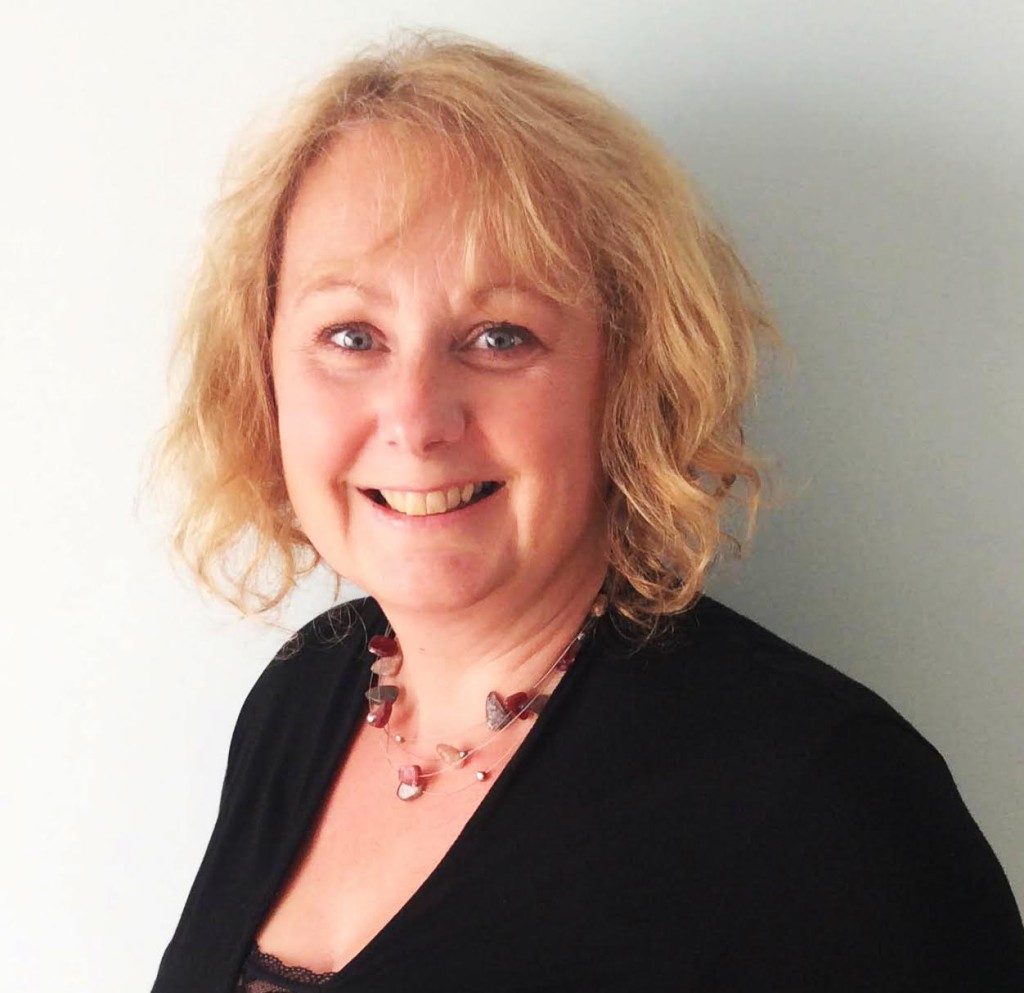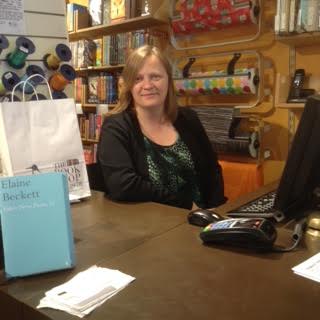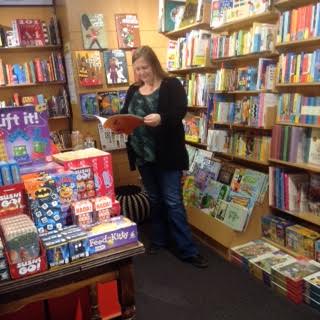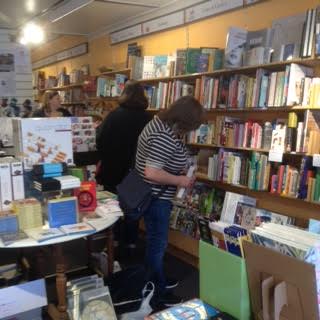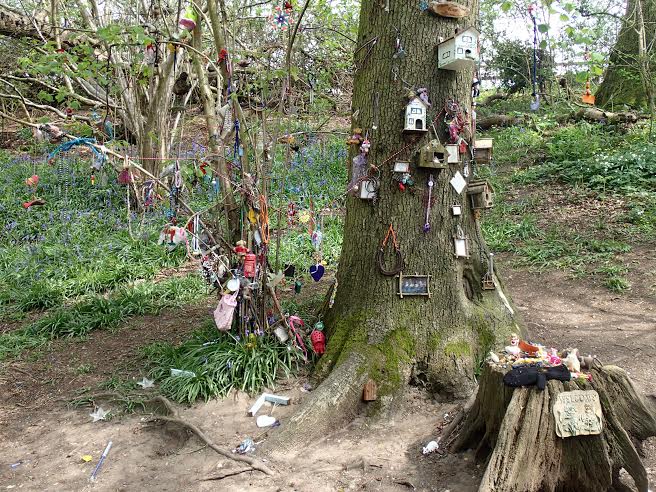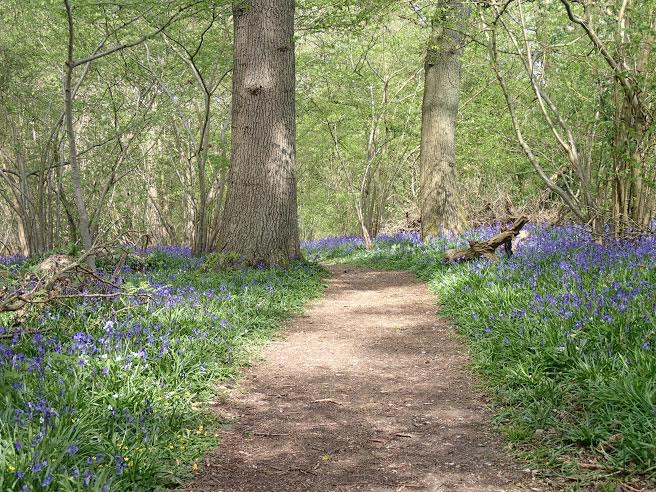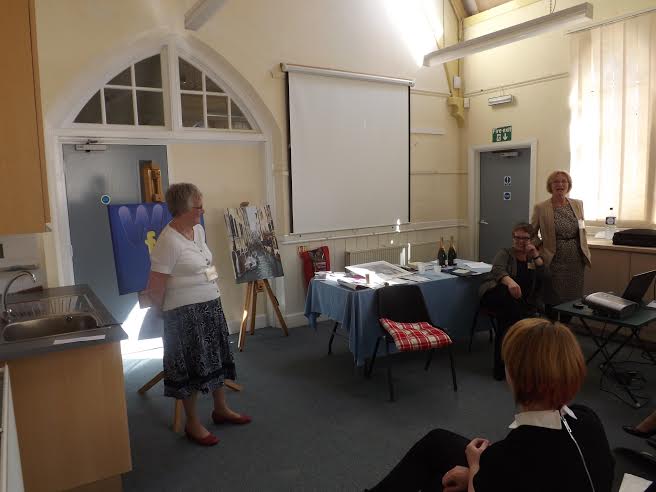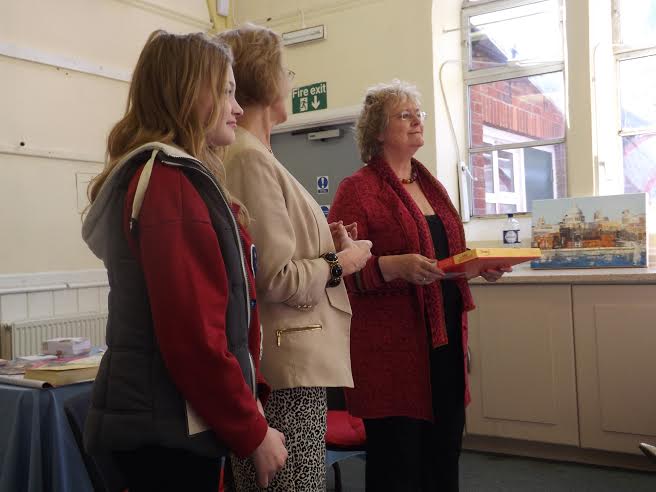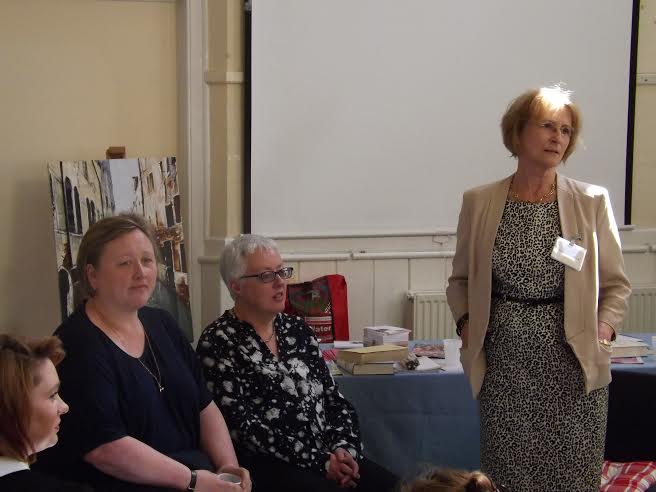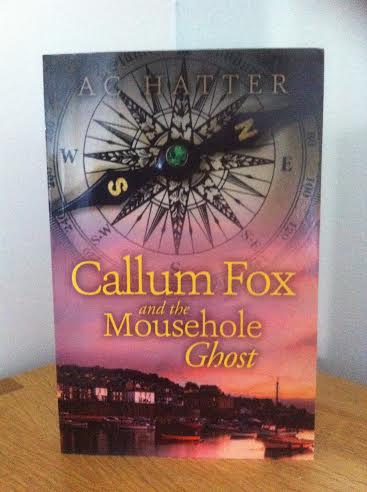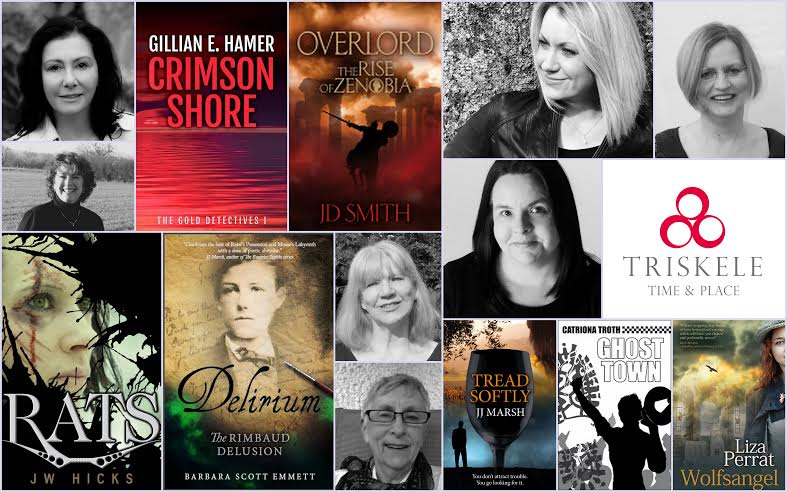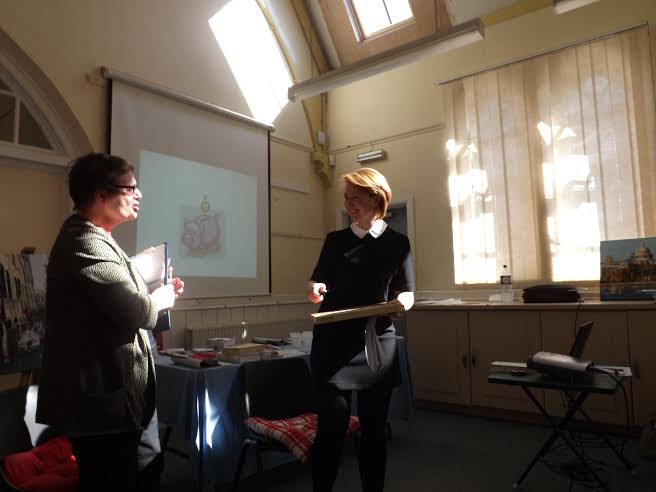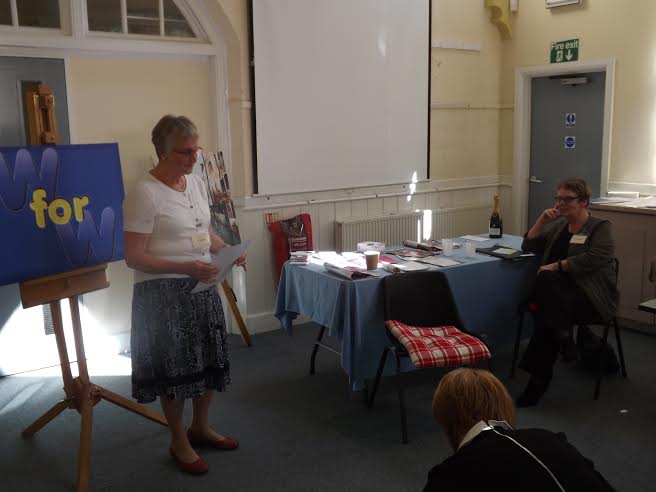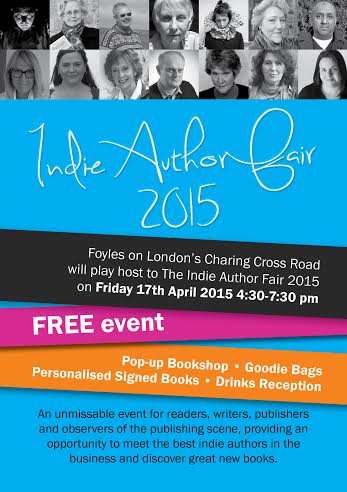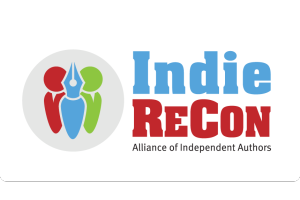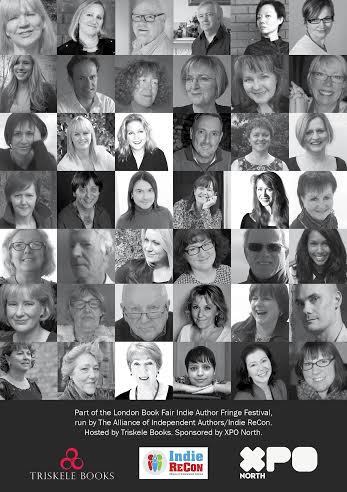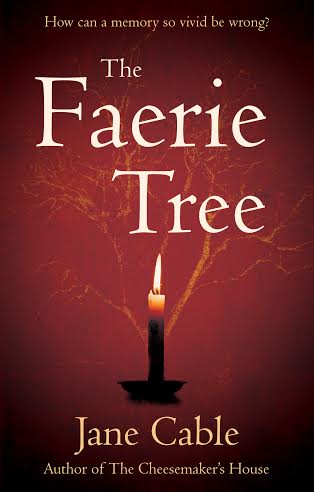Chener Books (London)
200,000 customers flock to ethical ecommerce platform, as book buyers vote with their wallets to support the high street while shopping online
Independent booksellers report that Bookshop.org has helped them avoid putting staff on furlough, attract new customers, build an online presence, feel connected to their customer community and even open new stores
Bookshop, the book buying site that empowers socially conscious shoppers to financially support independent bookshops when shopping online, has generated over £1million in profit for indie booksellers in just over four months of trading, with over 200k customers embracing the new platform to date.
The East Gate Bookshop (Totnes);
At a time when the majority of the UK’s bookshops have been forced to close their physical stores due to lockdown restrictions, by choosing Bookshop.org book-buyers have generated over £1million in profit for the 410 independent bookshops using the platform.
As of 4 February 2021, 82 per cent of sales on Bookshop were generated by titles selling four or less copies each, and 54 per cent from titles selling a single copy, demonstrating how the platform helps draw attention to books beyond bestseller lists and celebrates diversity within the publishing ecosystem.
Booksellers using the platform have reported the many ways in which Bookshop.org has been a financial lifeline in a particularly challenging time, with the additional income allowing many to avoid furloughing staff, pay out Christmas bonuses, strengthen their online presence to better compete online, and even open new stores.
Miranda Peake from Chener Books, London, who likewise hasn’t previously had the resource for online bookselling, reported new customers discovering her shop online: “I had no expectations when we joined Bookshop.org in November, but it was very successful for us right from the word go. I haven’t had the time or resources to set up an online shop, so having a well-managed, efficient and lovely looking website to direct customers to has been absolutely brilliant. It’s been so gratifying to see so many of our regular customers using the website, as well as lots of new customers, friends and contacts from further afield who are not able to visit the bookshop but want to support us. We are enormously grateful to be part of this initiative.”
Nigel and Claire Jones were able to open The East Gate Bookshop in Totnes in December. The co-founders said: “The positive impact of customers being able to buy from our shop has been immense. And it’s not just the revenue that Bookshop.org creates – which of course is essential. Having an online presence confirms to our customers that we are a ‘proper’ professional retailer; it’s what’s expected, but we’d never have the skills, time or the deep pockets to operate online at all without Bookshop.org. Bookshop.org arrived in the nick of time for us, I honestly don’t think we could have managed financially and emotionally without it.”
Bookshop.org offers an ethical online marketplace that ensures independent bookshops receive 30 per cent of the cover price from each sale they generate on the platform. Moreover, 10 per cent from any sale not attributed to a specific bookshop goes into the shared profit pool. In addition, a number of publishers – including Canongate, Atlantic, Murdoch, Profile, Serpent’s Tail, Faber, Pushkin Press, Scribe, Nosy Crow, Simon & Schuster, Pan Macmillan, PRH, Hachette, Usborne and Europa Editions – have chosen to forego their 10 per cent affiliate commission and opted for it to go into the shared profit pool, to be split equally by independent bookshops using the site.
A recent survey conducted by the Booksellers Association found that 80 per cent of booksellers had a “good” or “very good” experience of using Bookshop.org to date.
Meryl Halls, MD at the Booksellers Association, commented: “The £1m milestone for Bookshop.org is a remarkable moment for indie bookselling, and in the fight against Amazon’s dominance in the book market over the last 10 months. For those booksellers using the platform, Bookshop.org has provided a lifeline, often, and an additional sales channel, to indie booksellers forced to close and otherwise struggling to provide an ecommerce offer to their loyal customers. The team at Bookshop.org deserve huge credit for the speed of the launch, the empathy and openness they’ve shown to booksellers and the supportive community they’ve created for their users. In our newly hybrid world, the need for online bookselling is not going to abate, and we are delighted that indies are now able to join the other high street booksellers, Waterstones, WHS, Foyles and Blackwells, in reaching book-buyers online – and we urge publishers and authors to link to specialist high street booksellers online, rather than lazily linking to Amazon, who certainly don’t need the money.”
With over 6,000 affiliates – spanning publishers, authors, book bloggers and beyond – using the site to support bookshops, the early success of Bookshop.org has been welcomed by many publishers:
Stephen Page, Chief Executive at Faber, said: “A clear truth that has been emphasised this past year is that independent booksellers play a key role for readers in their discovery of a wide range of interesting books. The arrival of Bookshop.org ensures that independents now have a great partner whose service allows them to offer both a brilliant online and physical service to their customers.”
Bookshop was founded with the belief that independent bookshops are vital to our culture. As consumers are increasingly realising that where they spend their money matters, Bookshop.org offers an entirely new approach to online shopping, giving customers the power to support the local high street when they buy books online.
Highlighting recommendations from real booksellers, authors, publishers and beyond, Bookshop.org takes a human approach to book curation that avoids relying on algorithms, reflecting the unique browsing experience of a physical bookshop. Authors who have supported the platform by curating reading lists have often increased sales of the books featured, including: Elena Ferrante, Malorie Blackman, Marian Keyes, Nikesh Shukla, Julia Quinn, Edmund de Waal, and more.




